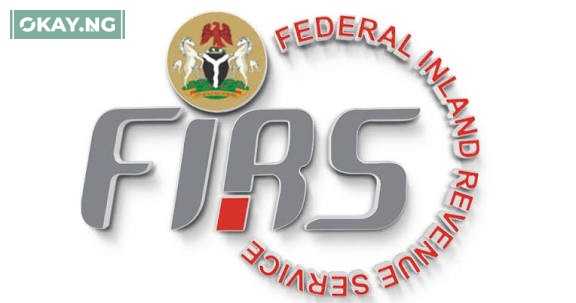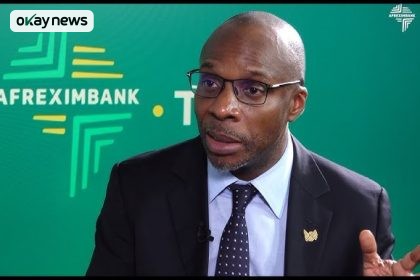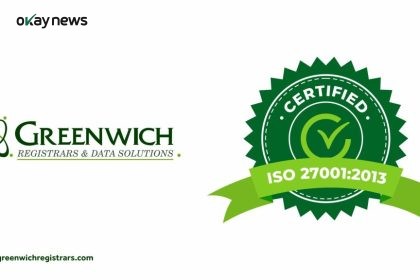The Federal Inland Revenue Service (FIRS) has clarified that Nigerians will not need to secure a separate Tax Identification Number (TIN) before opening or maintaining a bank account.
The clarification follows concerns raised after widespread reports suggested that, beginning in January 2026, bank customers would have to present a distinct TIN before operating accounts. The reports had triggered fear of unnecessary bureaucratic challenges.
Arabinrin Aderonke Atoyebi, Technical Assistant on Broadcast Media to the Executive Chairman of FIRS, Zacch Adedeji, addressed the issue via her official X (formerly Twitter) handle on Saturday. She stated that the news circulating was misleading.
“In recent debates about Nigeria’s tax reforms, a widespread misconception has taken root: that citizens without a Tax Identification Number (TIN) cannot own or operate a bank account. This view, while the reality is that Nigeria’s tax system has evolved to integrate seamlessly with existing national registries, ensuring that every eligible individual or entity is automatically identifiable for tax purposes,” she explained.
okay.ng reports that Atoyebi emphasized that the TIN is not an additional document to be separately obtained but is automatically integrated with foundational identifiers.
She described the TIN as a 13-digit code that uniquely captures details of individuals and entities, incorporating issuance year, registry source, state of registration, and a cryptographic element.
For individuals, the TIN is automatically linked to their National Identification Number (NIN), issued by the National Identity Management Commission (NIMC). During Know Your Customer (KYC) checks or when opening bank accounts, banks retrieve the TIN directly from the NIN database.
Similarly, businesses and organizations are identified through their Corporate Affairs Commission (CAC) registration numbers, ensuring seamless compliance without additional hurdles.
According to Atoyebi, this system also improves transparency, prevents fraud, and aligns Nigeria’s tax system with global best practices. “Far from being a hurdle, the TIN framework is a gateway to financial inclusion, regulatory transparency, and global interoperability in Nigeria’s evolving digital economy,” she concluded.







